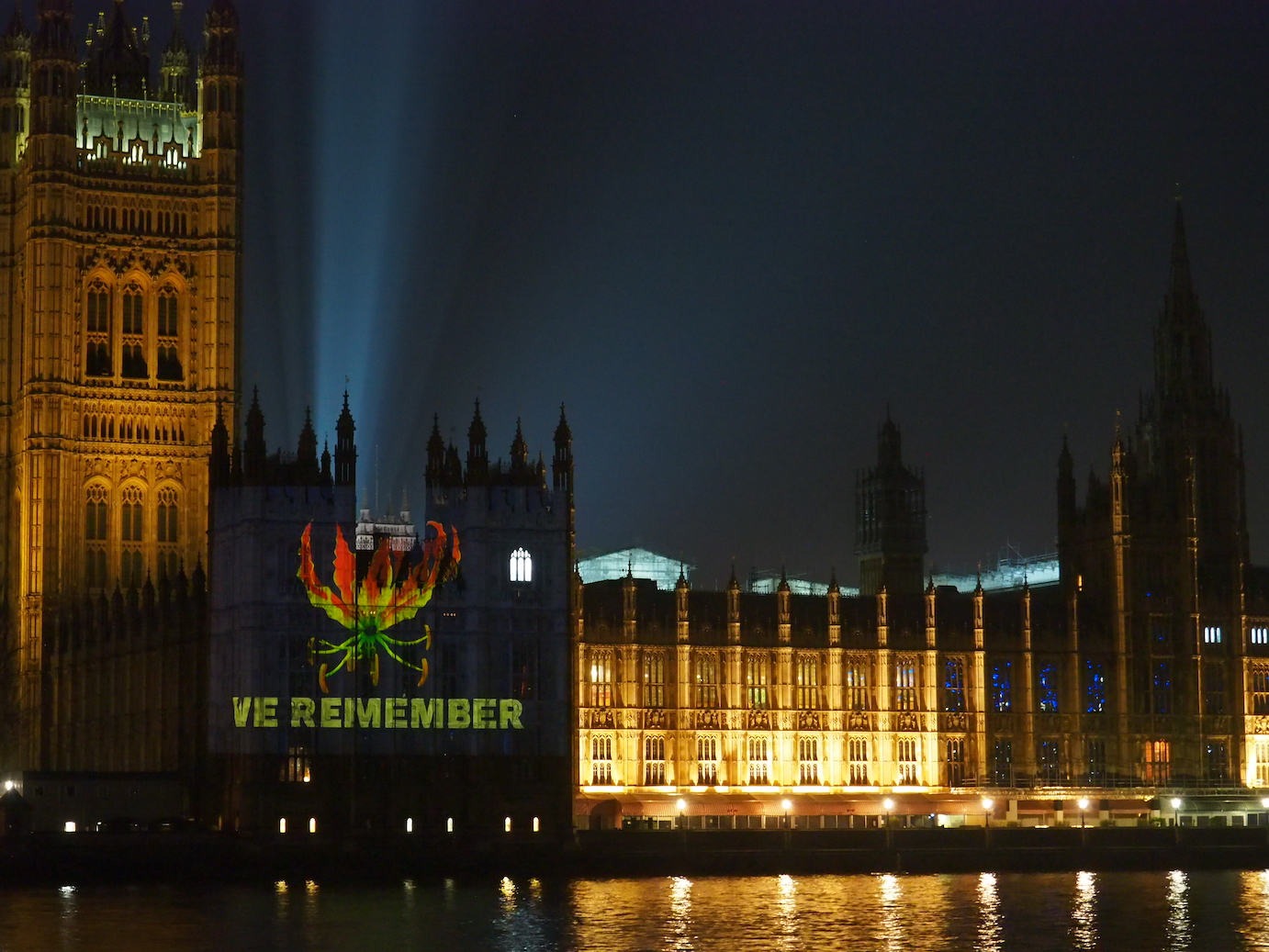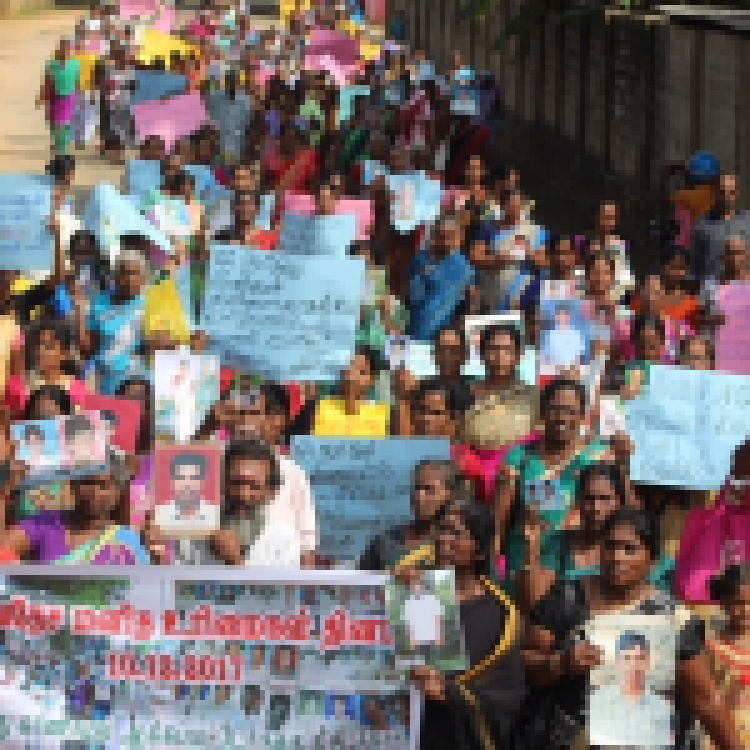![]()
(Photo of Maaveerar Naal 2020 from Mullaitivu)
Writing in International Policy Digest, J.S. Tissainayagam, highlights the continued defiance of Eelam Tamils, despite attempts by the Sri Lankan government to crackdown on Maaveerar Naal, a day to commemorate fallen Tamil cadres.
What is Maaveerar Naal
.jpeg)
(Photo of Maaveerar Naal 2020 from Denmark)
Established in 1989, Maaveerar Naal was to mark the sacrifice of the first cadre Shankar (Suresh), who gave his life fighting against the Sri Lankan army in 1982.
The meaning of this day, Tissainayagam writes, has changed in its accentuation however a core element has persisted through the years. That is the continued resistance to Sinhala hegemony and the injustice forced upon the Tamil people.
“Maaveerar Naal symbolises resistance to a sham reconciliation process proffered by the Sri Lankan state instead of power-sharing and accountability, which are required for an enduring political settlement”, Tissainayagam states.
Post-war Reconciliation
In 2009 the Tamil armed struggle came to an end and the meaning of Maaveerar Naal once against shifted.
The focus for many was not on a military opposition to the hegemonic Sinhala nationalist army but rather focused on issues of “social and political reintegration”.
It was here, Tissainayagam notes that Maaveerar Naal played as a powerful reminder of Tamil defiance to the Sri Lankan state “and its project of reconciliation without justice”.
This project of reconciliation without substantive advances injustice is evidenced by the toothless institutions such as the Lessons Learnt and Reconciliation Commission; as well as the Office of Missing Persons.
In turn, the current Rajapaksa administration has not reaffirmed such commitments but rather rejected them outright. Instead, the government has withdrawn support from the UN Human Rights Council Resolution 30/1; pardoned convicted war criminals; claimed a desire to stop devolution; and asserted that all the disappeared were dead.
It is in this context that Eelam Tamils have turned to call for justice and accountability through an international investigation and, at the very least, to secure power-sharing within a federal state.
Maaveerar Naal 2020
In his own word’s, Tissainayagam explains that;
“While Colombo succeeded in banning public remembrance, it could not extinguish the flame of widespread individual resistance”.
These acts of defiance will persist he notes, so long as Sri Lanka’s government and “civil society allies pursue reconciliation without justice”.
Read the Tissainayagam full piece here.







